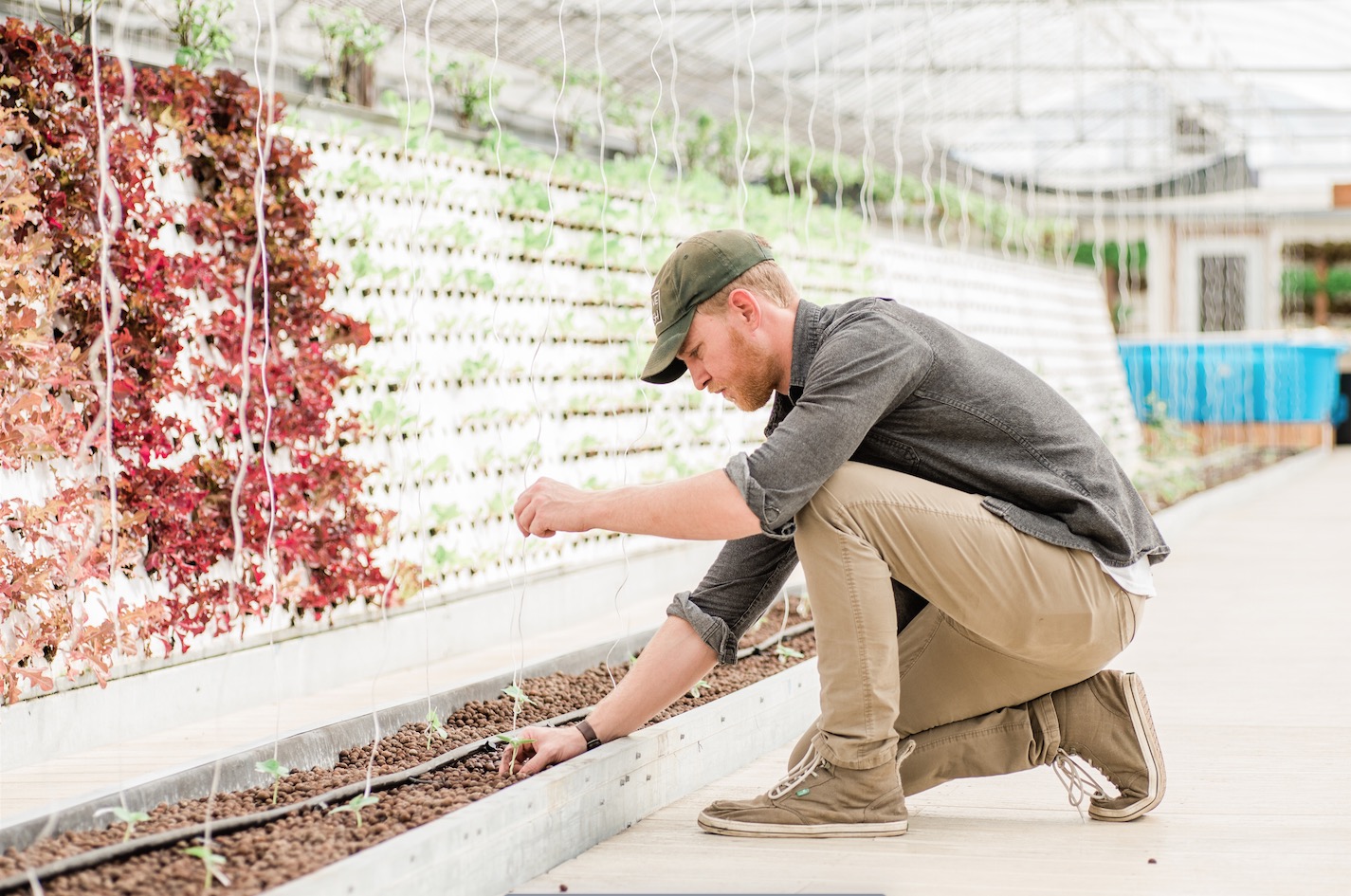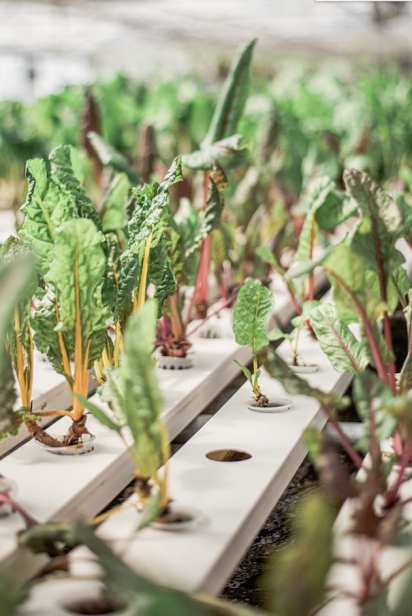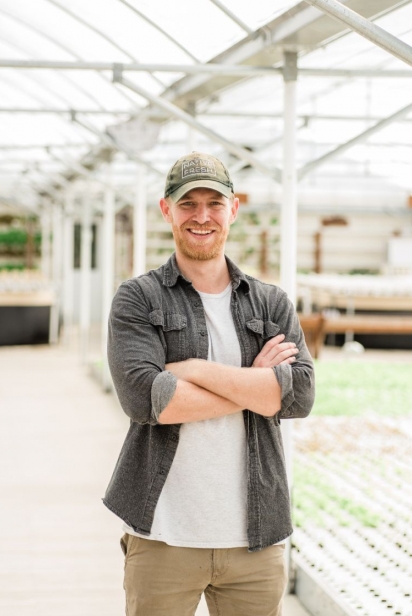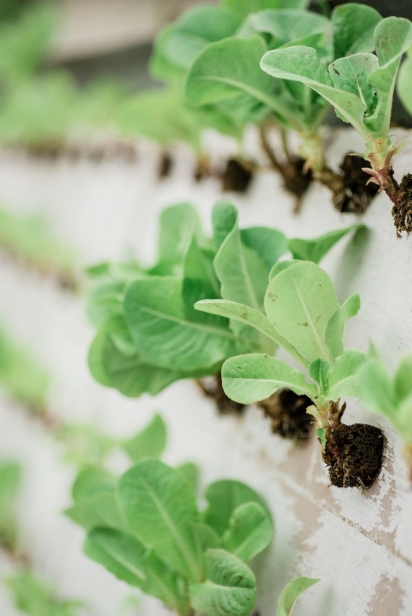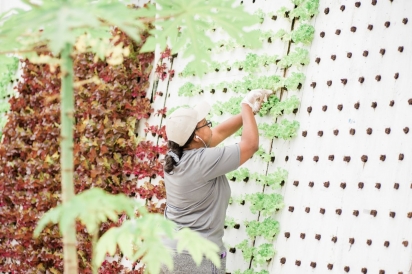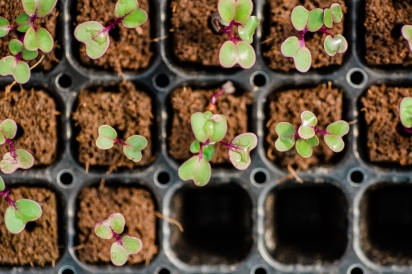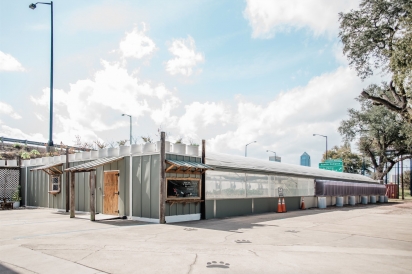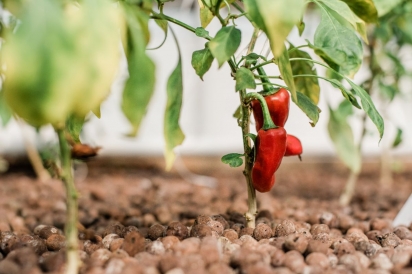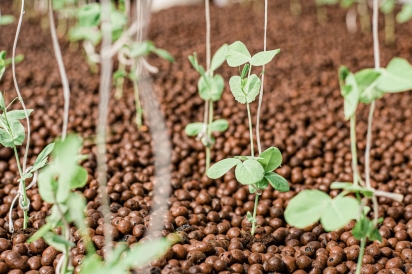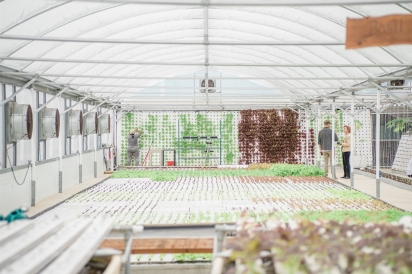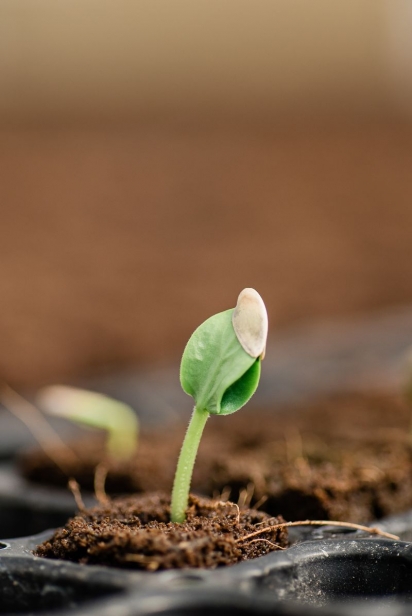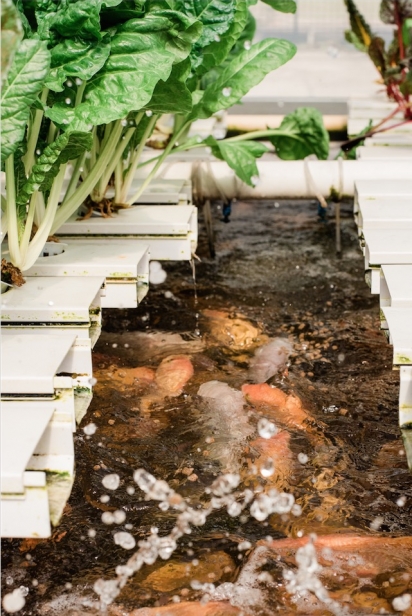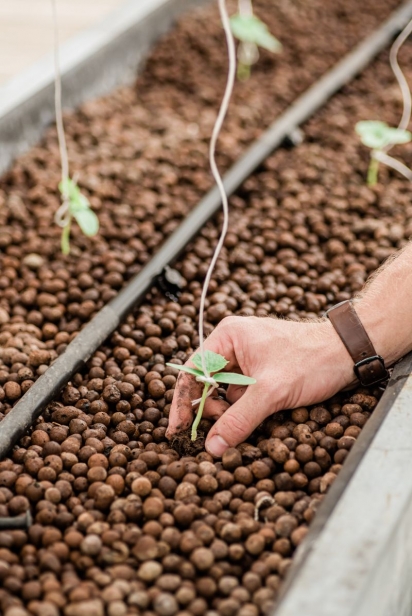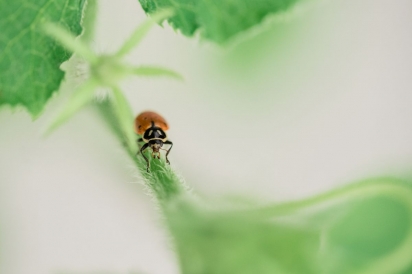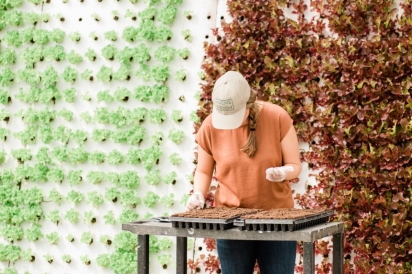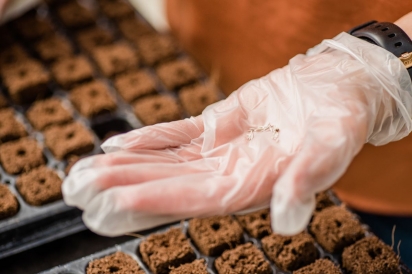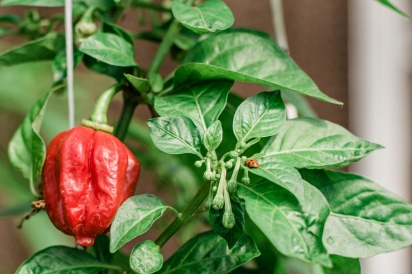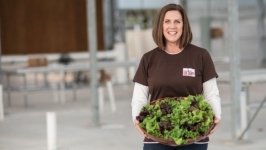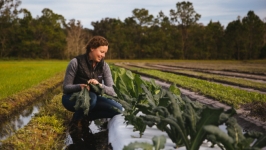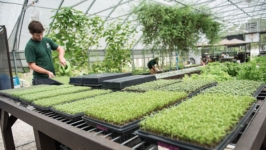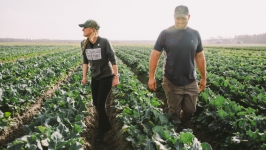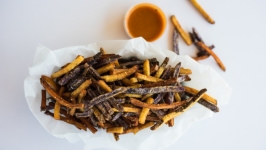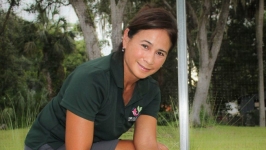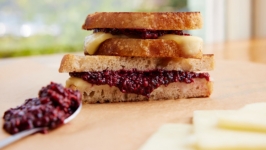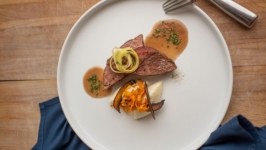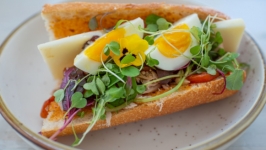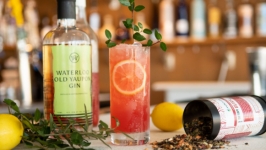Urban Agriculture in Northeast Florida
As the number of farmers' markets has increased over the past 10 years, so too has the desire to support local farms and know the source of one’s food. With more than 80% of the American population living in metropolitan centers, however, access to locally grown produce becomes more challenging. For city dwellers, the answer may be urban agriculture.
While the term urban farming may sound like an oxymoron, this approach to agriculture has the potential to increase access to high quality food, build healthier communities and enhance economic growth, especially as the cost of supplying and distributing food to urban areas based on rural production and imports continues to increase.
An urban farmer looks at concrete parking lots, lawns or abandoned warehouses and thinks, “I can grow here.” While growing practices and techniques may be very different from farm to farm, typically an urban farm can grow a large amount of produce in a small space in the middle of a heavily populated area. In the past 30 years, American urban farms have increased more than 30%, indicating the expanding role this type of agriculture can play in providing access to fresh produce.
Want to know where to find urban agriculture in Jacksonville? If you’ve been to the beach via Atlantic Boulevard, driven through downtown Jax or strolled through Riverside, chances are you have passed an urban farm growing vegetables using a combination of hydroponic, aquaponic and/or aeroponic systems.
ATLANTIC BEACH URBAN FARMS
Atlantic Beach Urban Farms (ABUF) utilizes aeroponic towers that provide nutrient-rich water to the roots of plants as they grow. You may spot their purple LED lights glowing at night from the greenhouse on Atlantic Boulevard. Owner and co-founder Tracey Westbrook spotted the towers in California several years ago and recognized the potential of having people grow food where they live. ABUF is able to grow leafy greens like oakleaf and sweet crisp lettuce along with a variety of herbs year-round with this technology. An added bonus is the safety of the produce; there is no threat of e-coli because the vegetables are grown without soil. Westbrook encourages everyone to get their own aeroponic tower. “This technology makes growing food in schools, homes and hospitals easier and more efficient,” she says. “Who wants a ficus tree in their office if they can be growing food?”
NATIVE FRESH
Different growing techniques can be found at Native Fresh, working with hydroponic and aquaponic systems in their single greenhouse located on A. Phillip Randolph in downtown Jacksonville. The urban farm is an extension of Fresh Ministries, an organization started 30 years ago to address the need for healthy, locally grown produce in the community. Tori Caba, the Facility Manager at Native Fresh, says about their location that “What most saw as wasted space, we saw as an opportunity.” Much of what Native Fresh grows is purchased by Chartwells and Duval County Public Schools and directly impacts the nutritional value of what children are served in the lunchroom. Caba and the crew are working with hydroponics and aquaponics in their single greenhouse. “Utilizing multiple growing techniques, system designs and types of produce all within the same system…. provides an ideal environment for research, training and education,” says Caba, “while still demonstrating high-efficiency productivity and viability.” Learning as they grow, the crew at Native Fresh is expanding beyond greens into other produce such as cucumbers, radishes and blueberries.
KRAVEY GARDENS
This small farm is perhaps the most “traditional” in its methods, using organic soil as a growing medium. Owner Dave Misola grows lettuce and microgreens, including broccoli, arugula, daikon and pea shoots, on a double lot in the heart of Riverside. A former medical industry professional, Misola had no farming experience. He has become a champion of the “anyone can grow” movement, and sprouts were his “gateway farming crop.” His motivation? He wanted to model good eating behavior for his children (and be able to keep up with them). The sprouts he grows bring him, and his customers, intense joy. Misola says customers are blown away when they sample leek sprouts and experience the garlicky, onion flavor profile, or when they are hit with the intense pepperiness that comes from bright purple radish sprouts. You may have already enjoyed offerings from some of these Jacksonville urban farms at your favorite local restaurants or purchased their produce at area farmers’ markets. If not, consider supporting these urban farming crusaders by making their greens part of your weekly routine.


